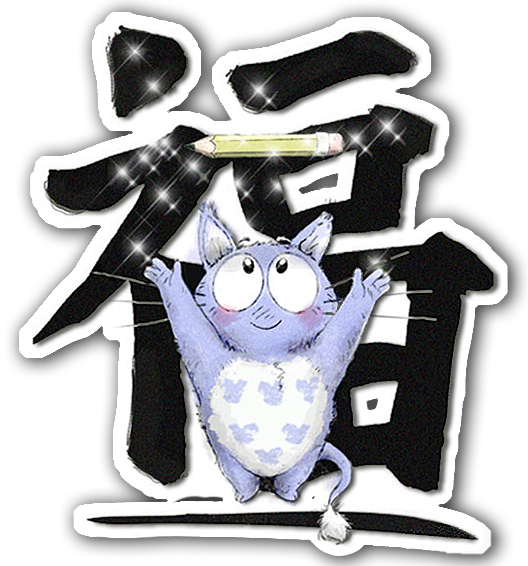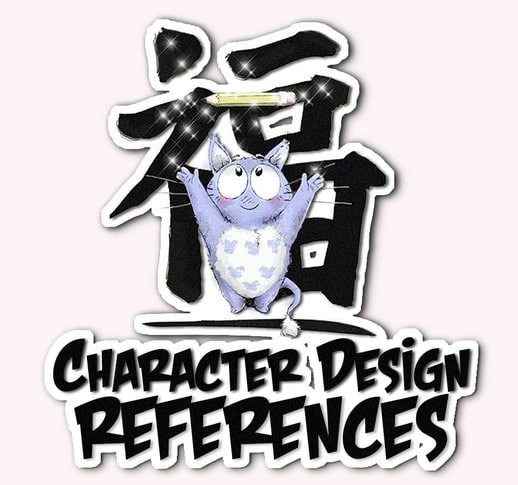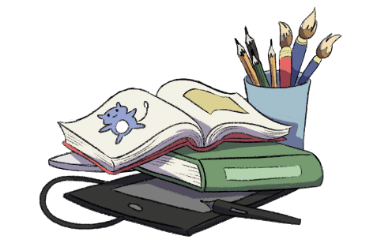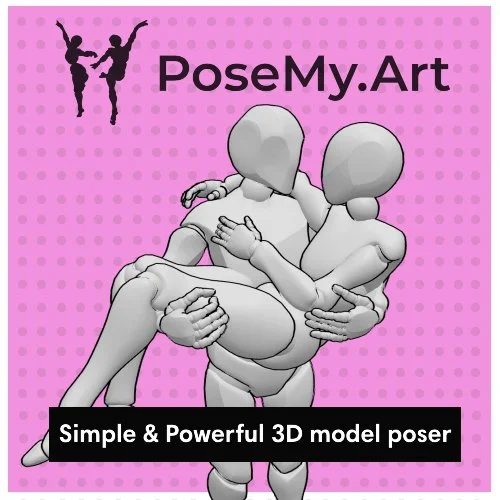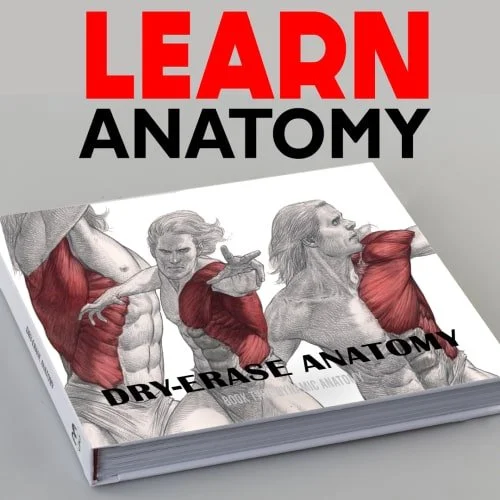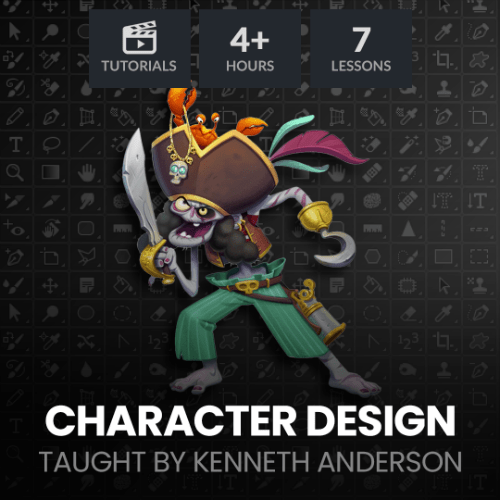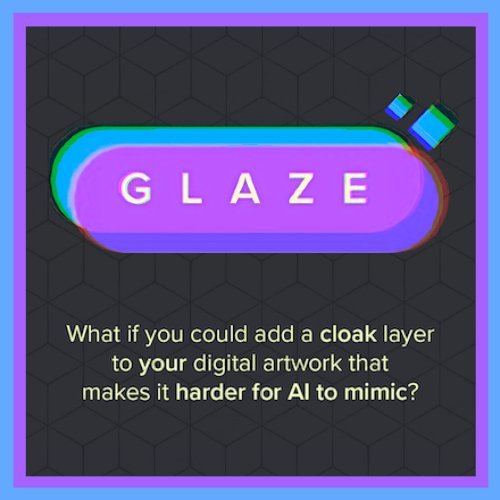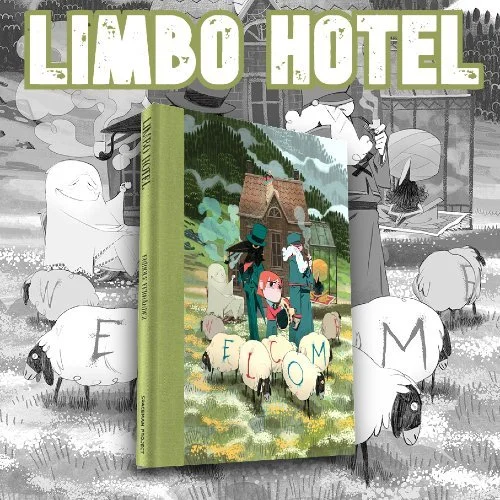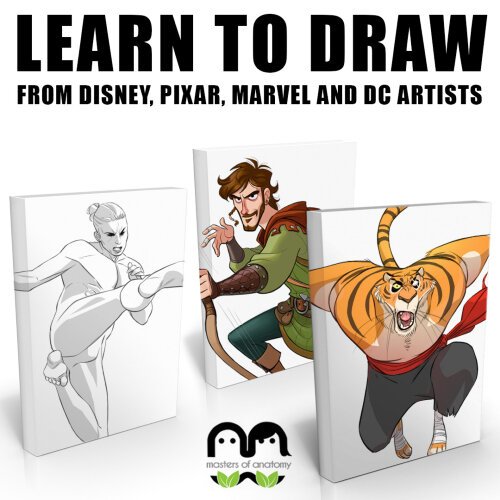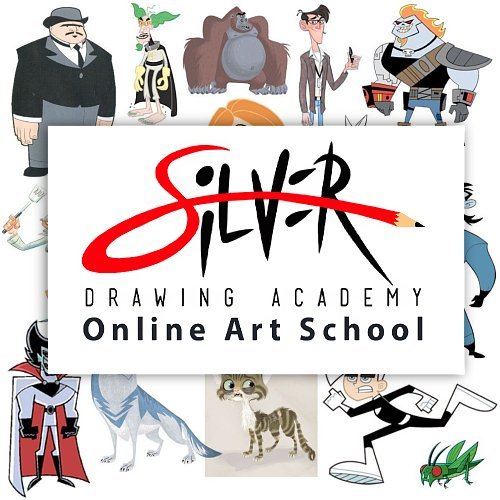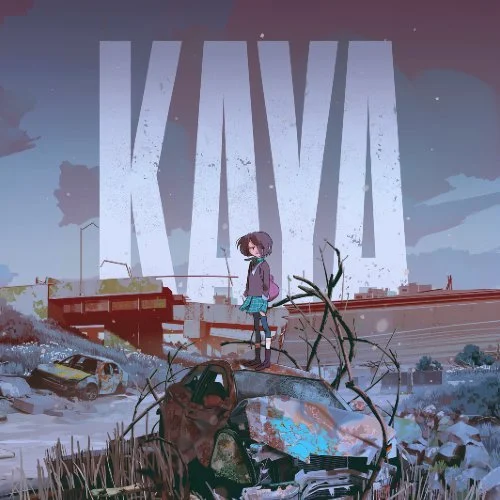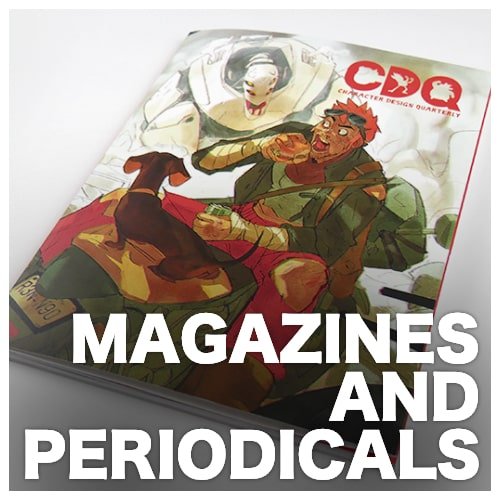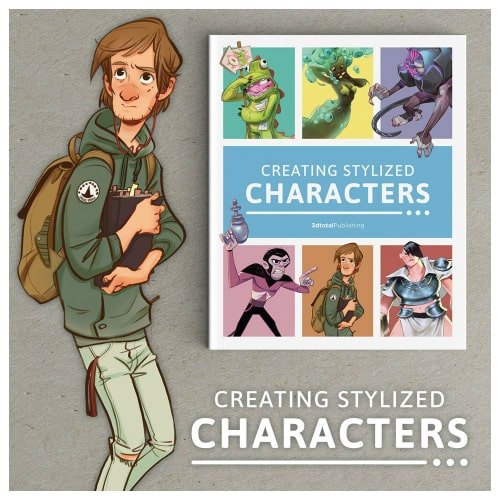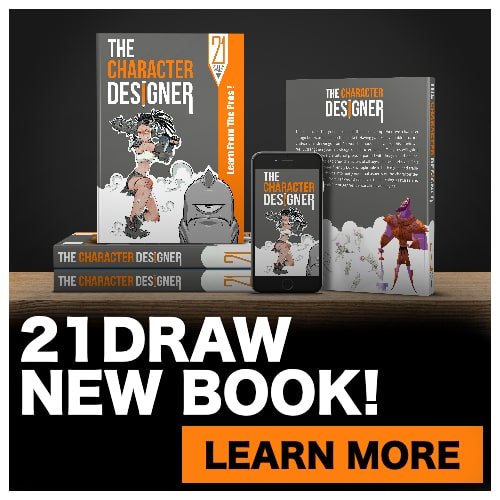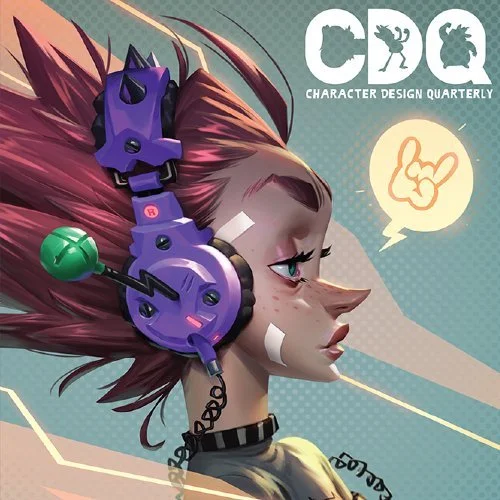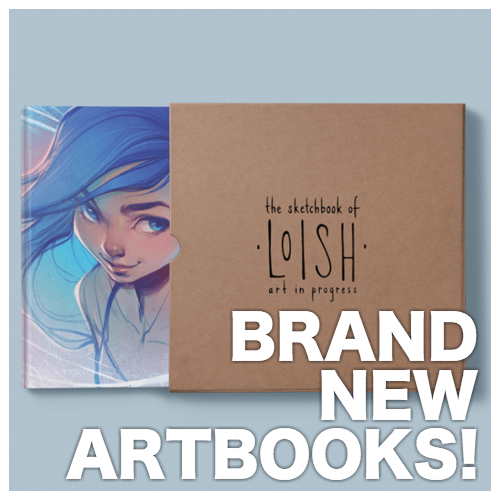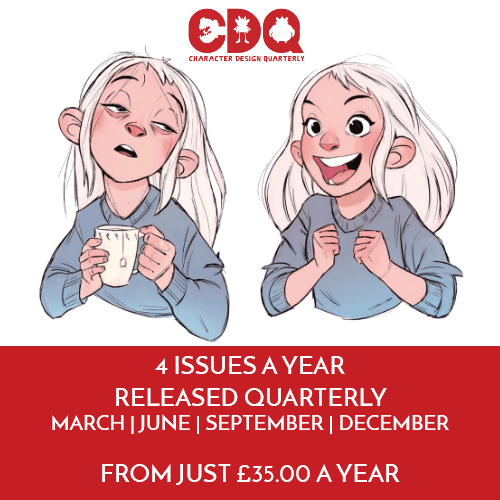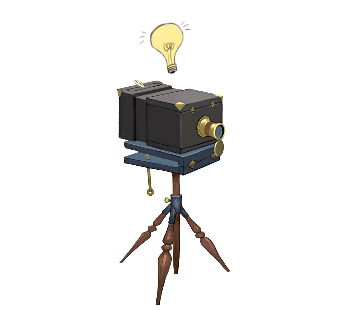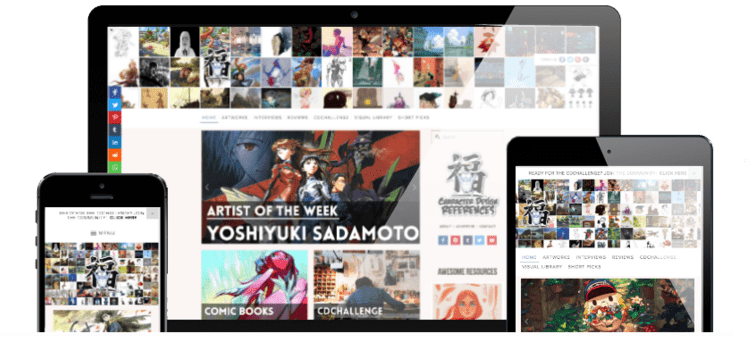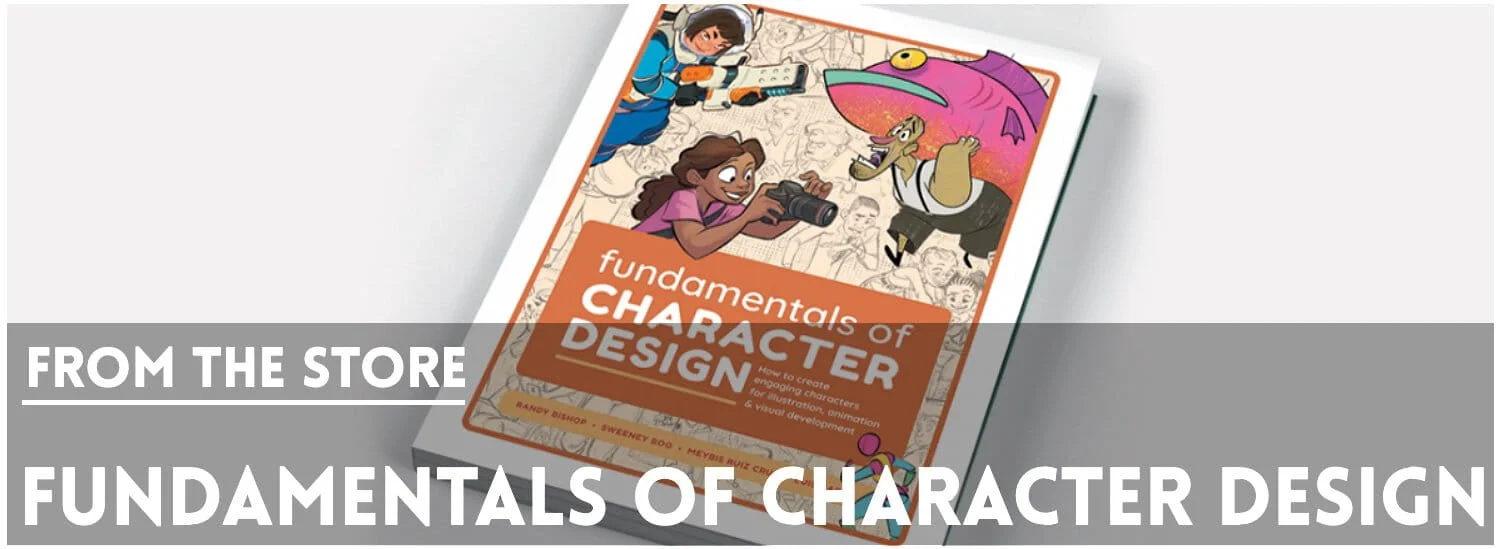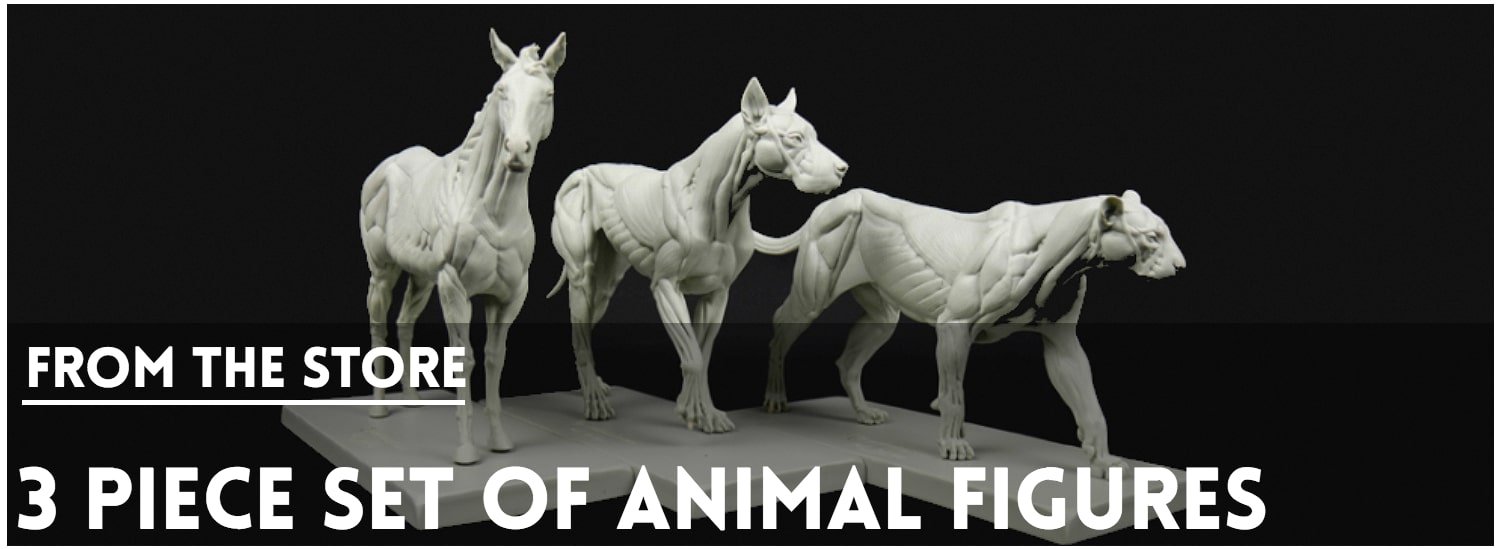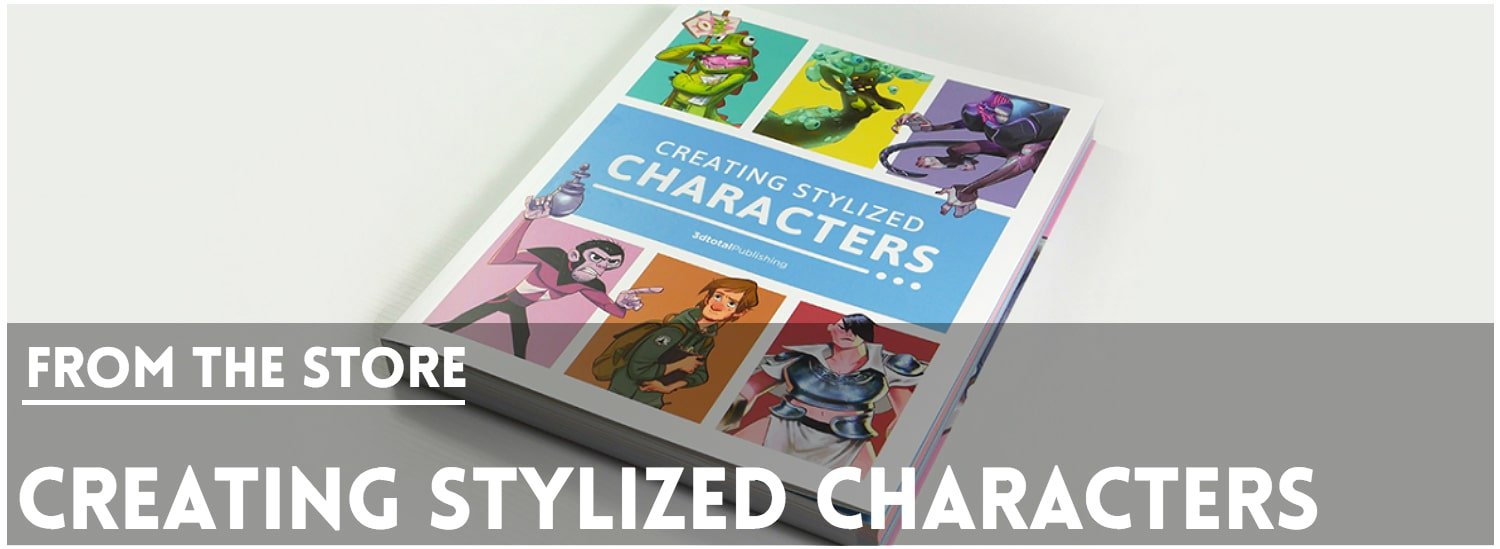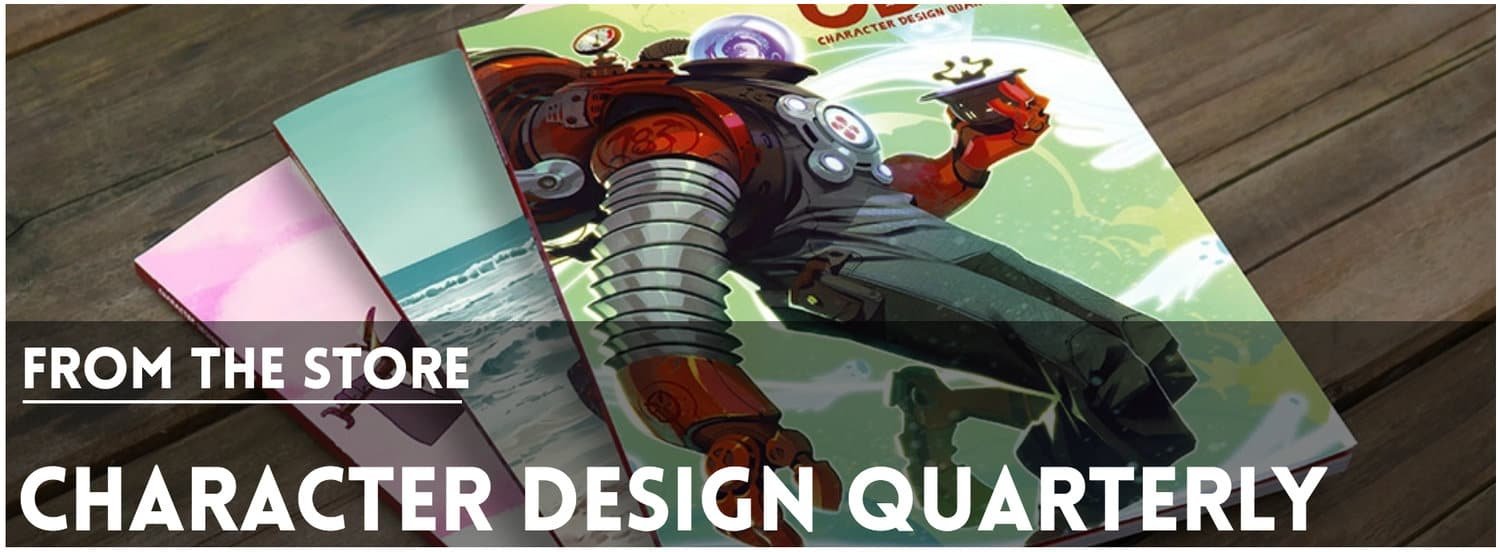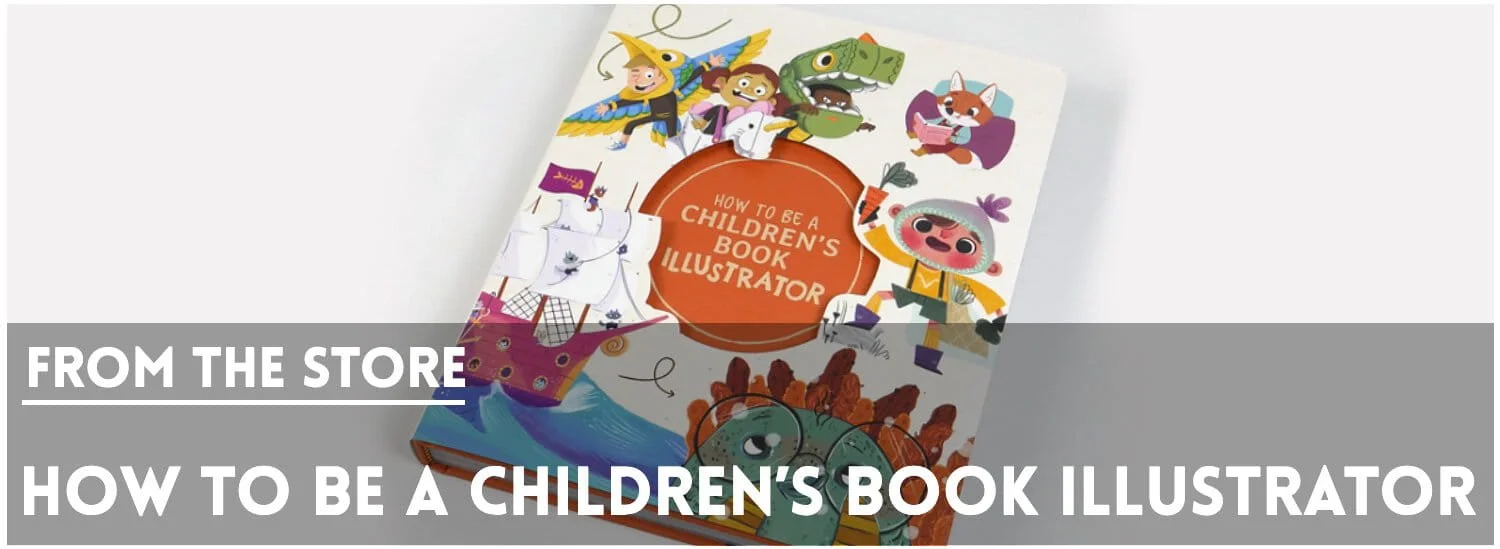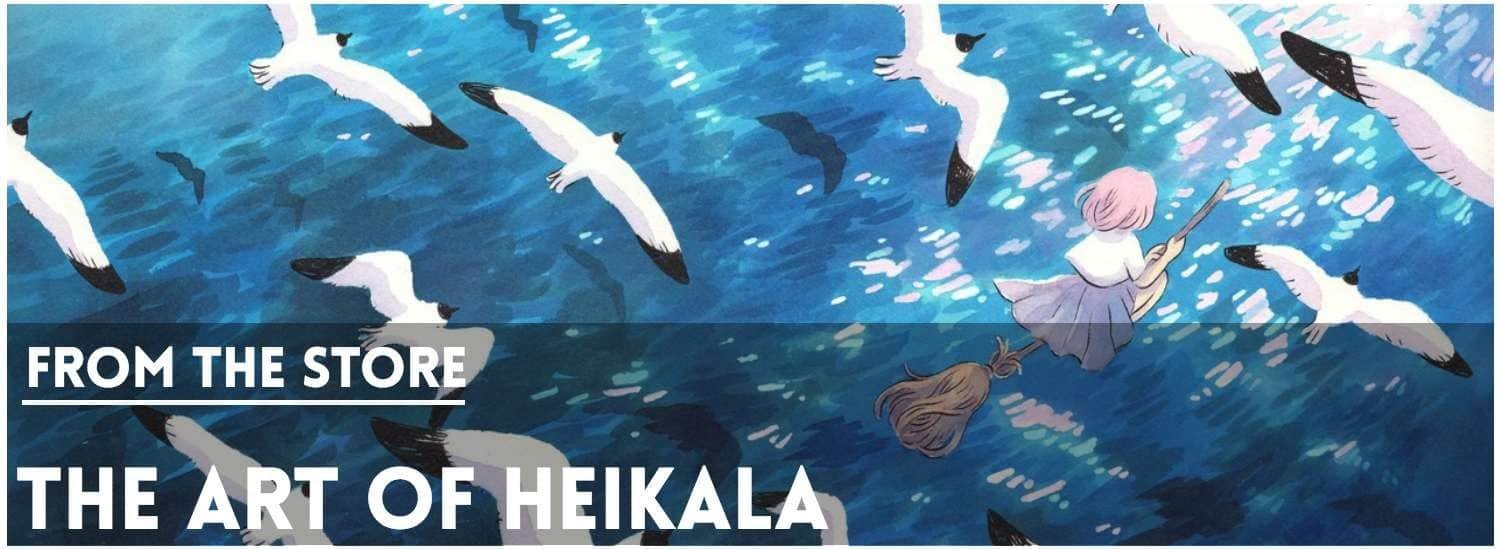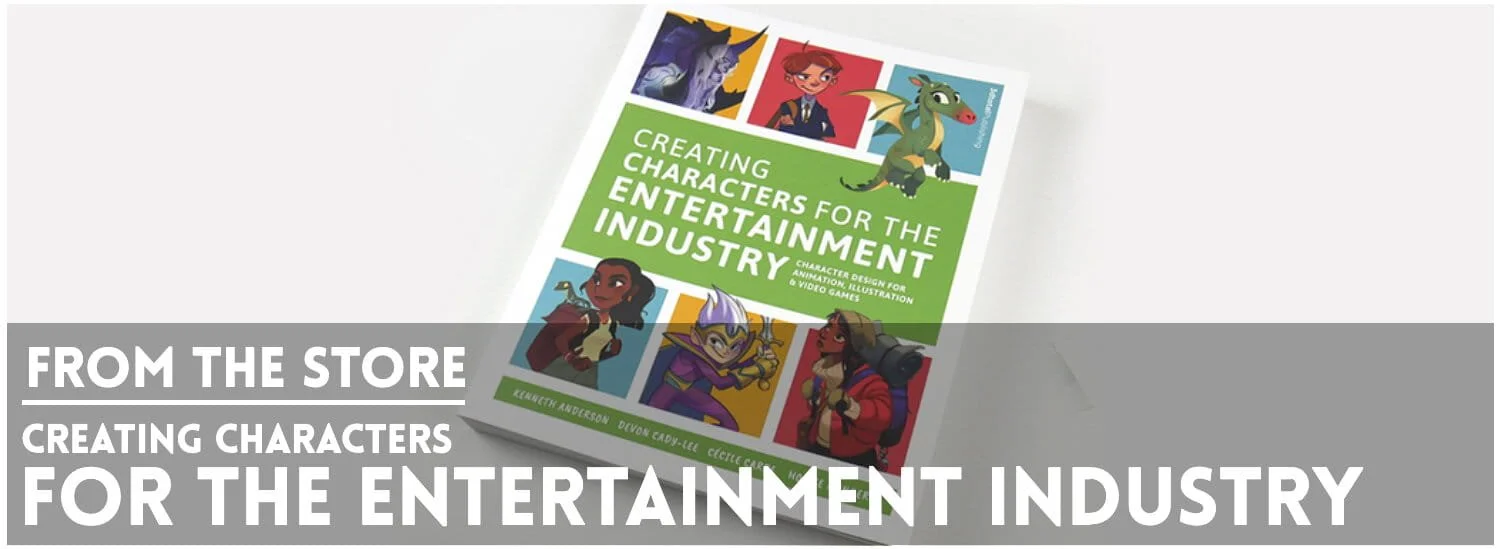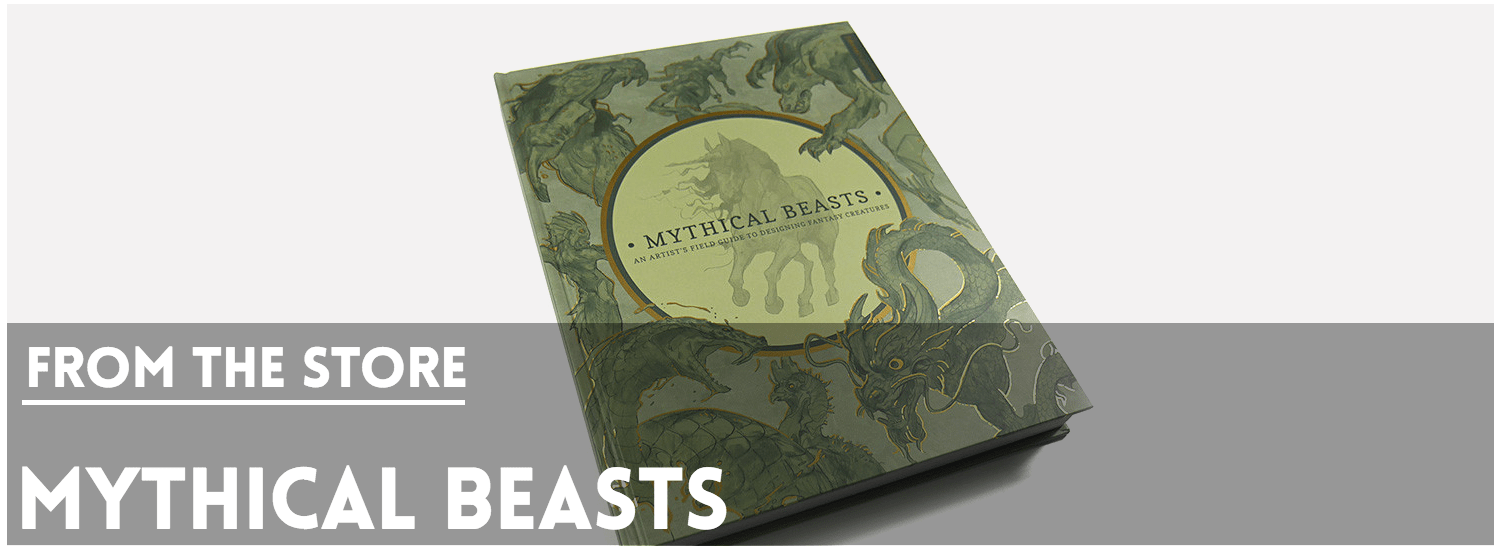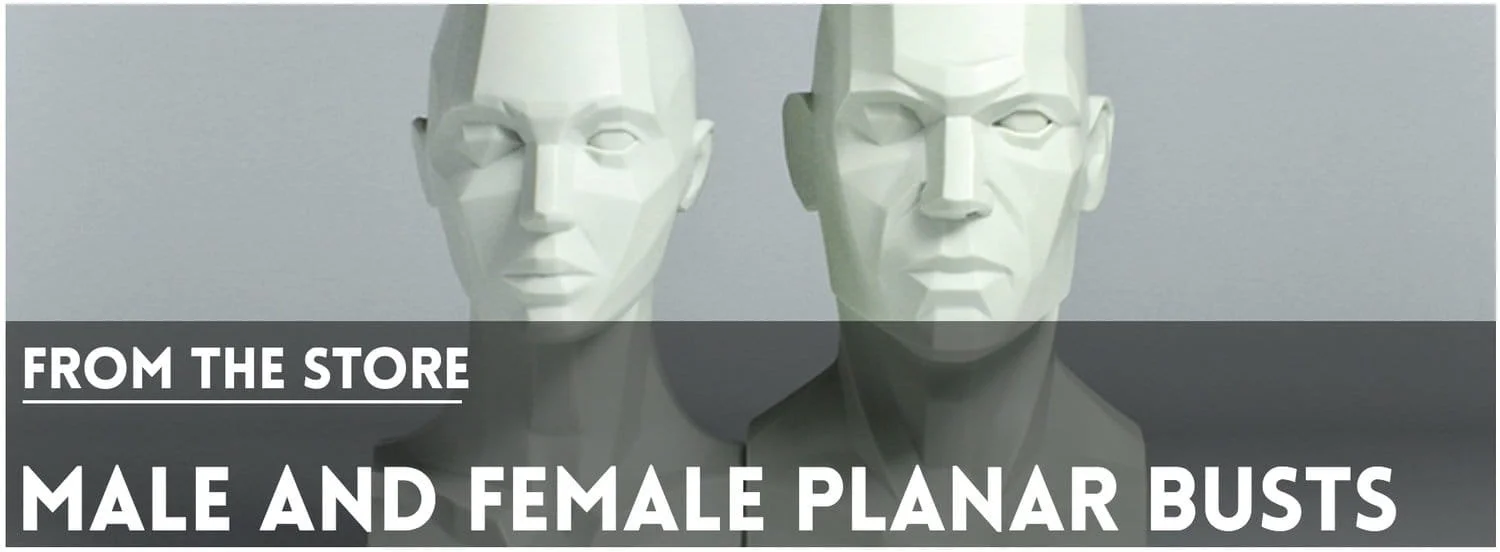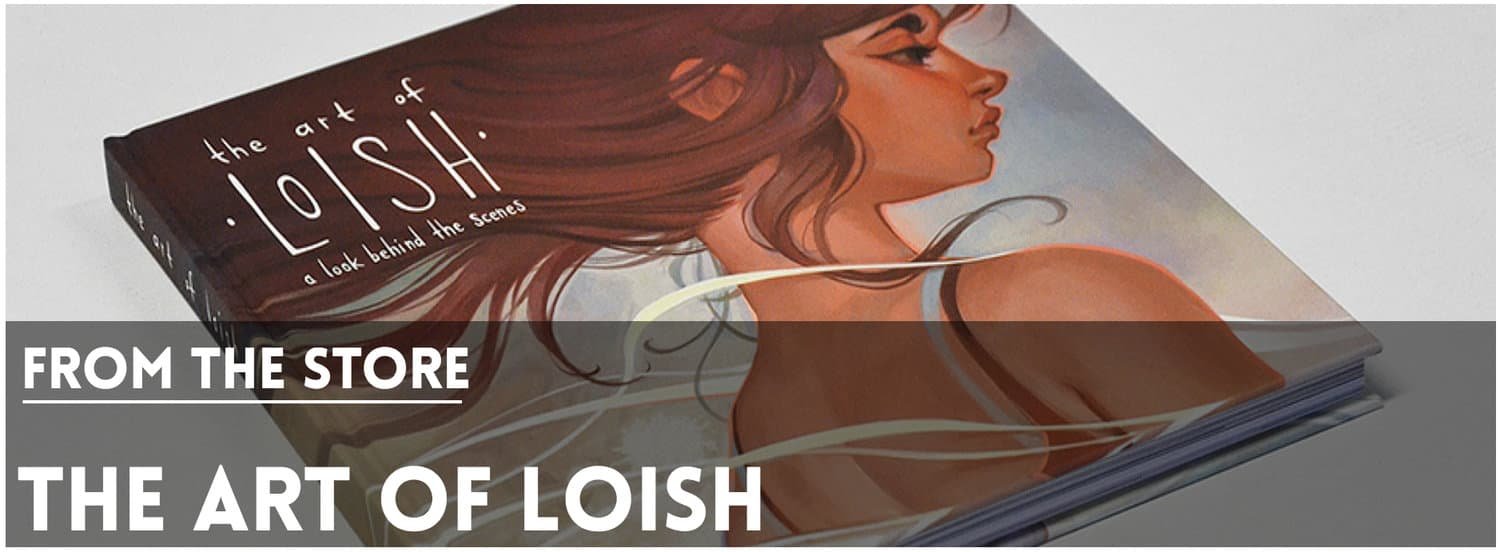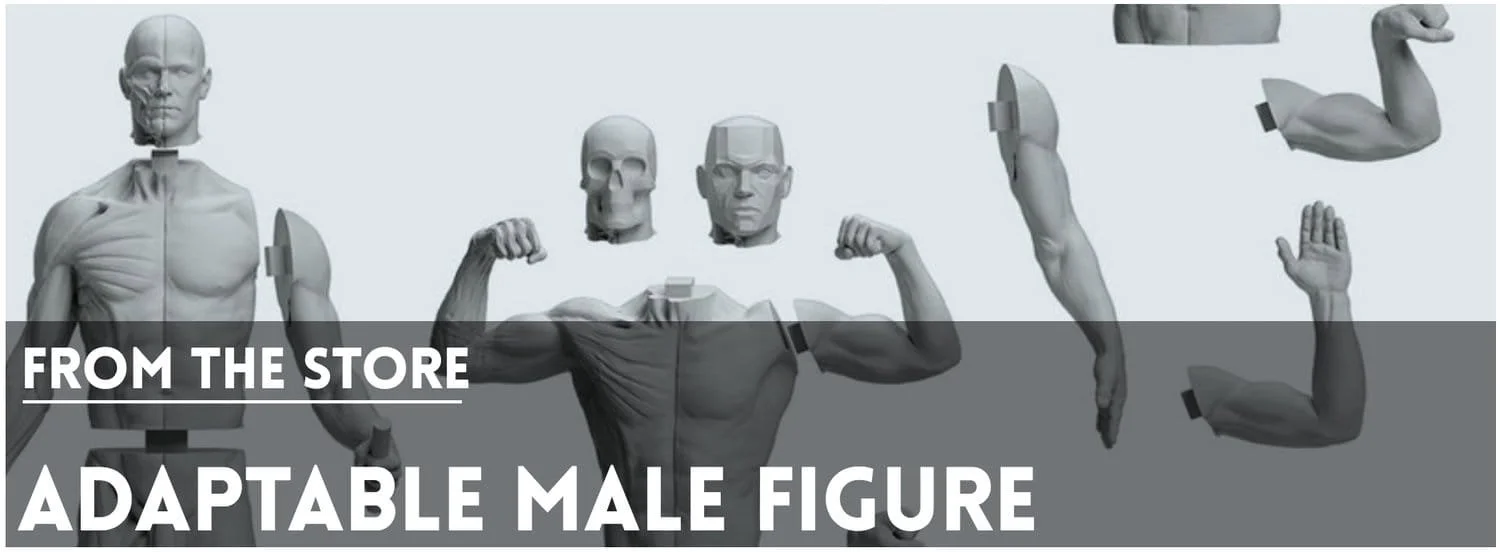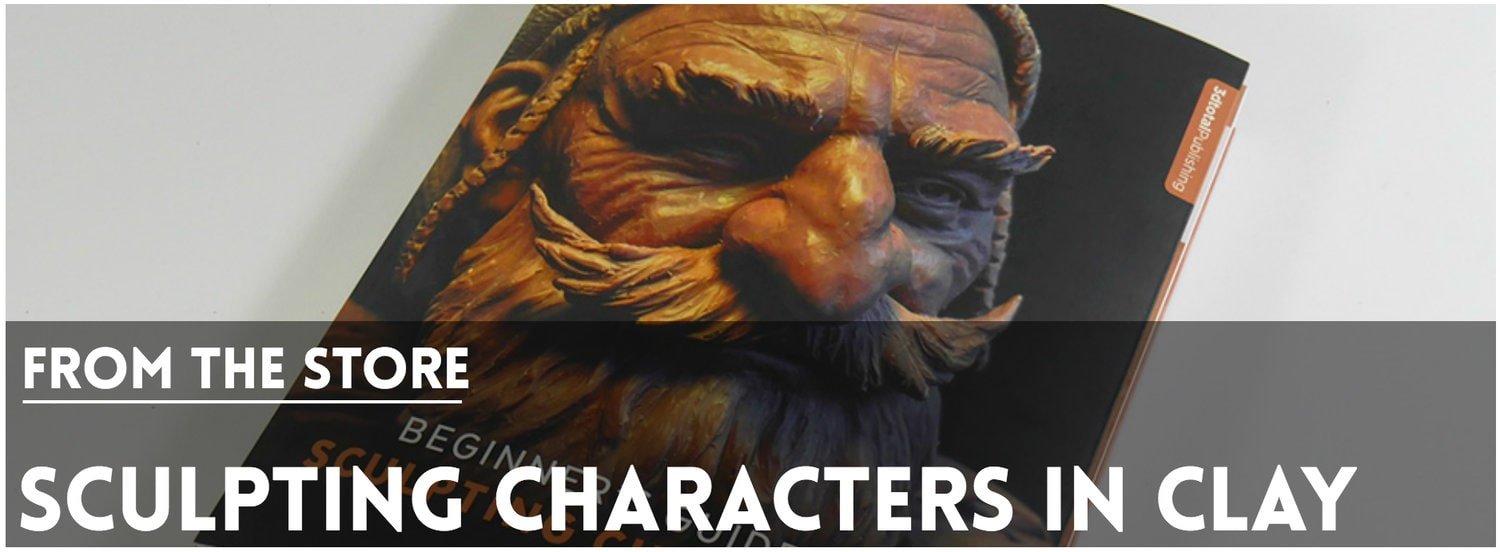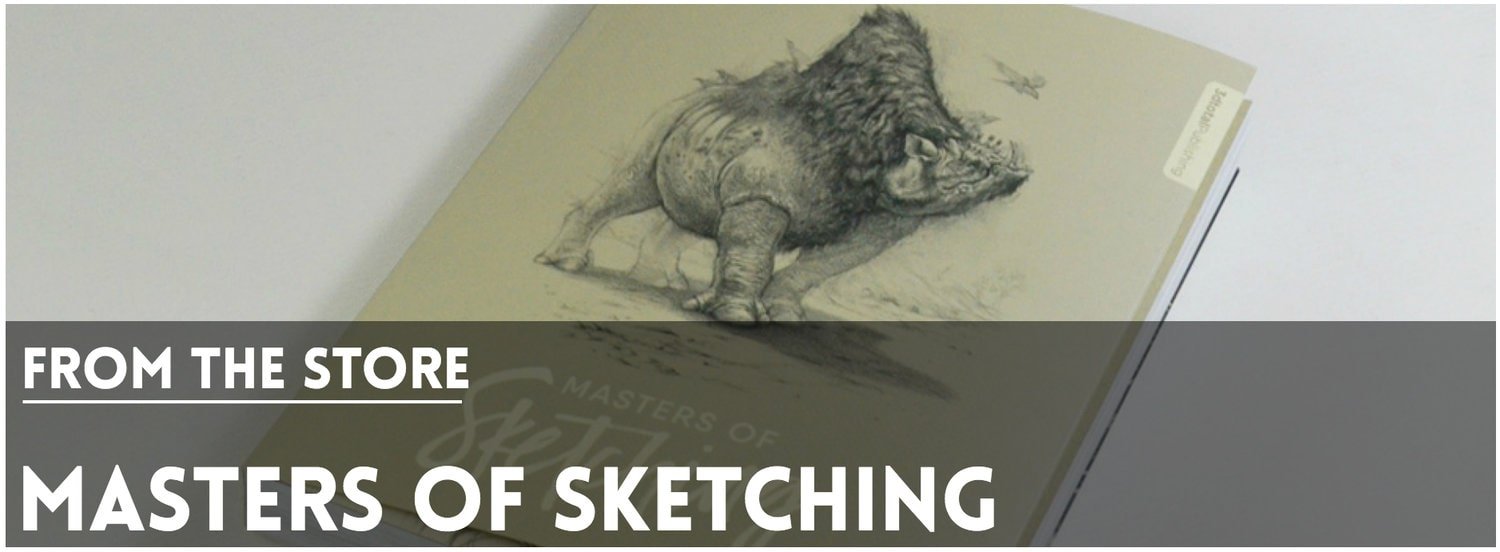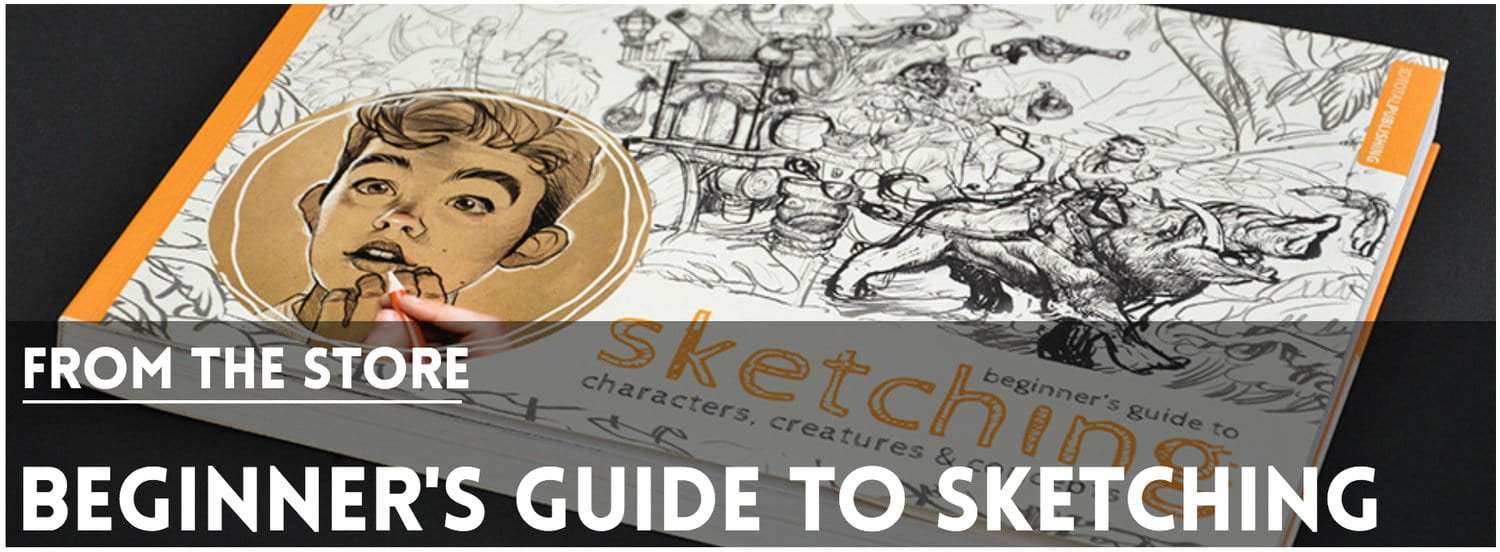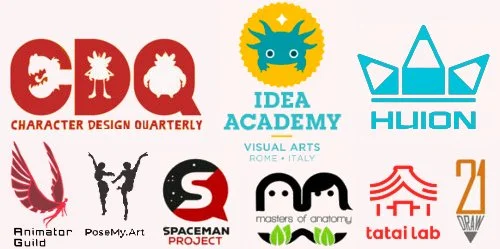Celia Lowenthal
/Where did you grow up and when did you decide to become an artist?
I grew up right outside New York City. I've always liked drawing and looking at art, but I didn't begin to consider it as a career path until I was about eleven, circa 2005. I remember looking at Harry Potter fanarts online, and one particularly popular fanartist said in a FAQ that she was a professional illustrator. Something clicked in my head I suppose! Perhaps not the most professional origin story, but that's how it happened.
Did you go to an art school or are you self taught? What helped you prepare to become the artist we know today?
I just graduated from the Maryland Institute College of Art in Baltimore USA! I majored in Illustration with a minor in literary studies. I also did a semester abroad at Konstfack in Stockholm.
Have you always been supported in your artistic path or has it been challenging to let your family and friends understand your choice?
It was a hard sell, definitely. I've always been encouraged to draw as a hobby, but when I began talking about doing it for a living and going to art school, my parents balked a bit! I think the concern was that I was going to regret specializing so soon; I have always had very passionate interests in the humanities, so the worry was that art school would bore me. But it definitely did not!
What was the strongest influence you had when you were growing up ( artists, movies, cartoons, comics etc.. ) ?
Probably it was illustrated children's books, particularly fairytale ones. I had a period when I was about six where I was obsessed with mermaids; when I had exhausted all the library's mermaid books, my mother had to move me on to selkies. When I was a little older the focus had shifted ... I remember poring over this great big book I had called The Ultimate Encyclopedia of Mythology, which was full of some great illustrations and illustrators: Arthur Rackham, Alan Lee, Akseli Gallen-Kallela, Edward Burne-Jones, Aubrey Beardsley, the like!
Did you have a favourite subject to draw when you were a child and do you still have one today? If you do, what makes it so special?
Considering my above anecdote, I suppose my favorite subject was mermaids? My interests changed so quickly when I was a child though. Nowadays my favorite subject is historical costume details. Especially patterns! While detail alone cannot a good picture make, I find that it makes a picture more interesting to me. It's the icing.
What is your process in colouring your art and what type of tools and media do you use?
I color pretty much everything in Photoshop CS6. I tend to fuss with colors a lot, so even when I do work traditionally I need the flexibility of the hue-saturation slider to get the colors just the way I want them.
What part of the creation process is the most fun and easy and what part is the hardest?
Probably my favorite part of anything is lineart. A lot of other illustrators I know don't actually work with a complete black-and-white lineart that they then color in; they'll rather start with large color shapes as one does a painting. My work is so line-based that I need to have a complete lineart just in order to do anything. I also really like thumbnailing and gathering resources. To be honest, I don't know what the hardest part is for me! There are certain things I do not enjoy drawing, but there is not really any one step in the process that I find most difficult. I'm not sure!
What is a typical day for you, and who are the people you work/collaborate with?
My typical day is constantly changing, since during school and breaks I always work at home. I've often found myself putting in 14-hour days, since when I get going on something and have energy I want to have it done. I'm pretty decent at time-management with regards to getting work done (at least I think so!), but not so much when it comes to pacing myself! I will sit there for eight hours straight if I'm motivated; my back wishes it were otherwise.
Is there something that you have designed that you are most proud of?
This is perhaps not in the realm of character design, but I feel my most successful work thus far was my work on Gísla Saga in fall 2015! It was an adaptation I did of a 13th-century Icelandic saga via book illustrations and spots; it was my fall semester illustration thesis and I am extremely pleased with how it came out. In terms of character design, I still like my redesign of the White Witch from The Lion, The Witch, and the Wardrobe from last year. It was a challenging assignment, and more challenging still to find something that looked distinctive for her, given how well-known a character she is and how many incarnations she has had. In the end, I think an emphasis upon 1940s fashion, and combining it with some Elizabethan elements, was critical in helping me design something that was less "Snow Queen"-looking and more "trustworthy well-dressed lady from whom Edmund Pevensie would absolutely take sweets" for her.
What projects have you worked on in the past and what are you working on at the moment (if you can tell us)?
My biggest past project was college! Between semesters I've written and drawn two comics, and then during school I've done a whole bunch of things. My senior year I did three theses, two of them for illustration: one was the aforementioned Gísla Saga; the second was illustrations and concept art for four Shakespeare plays. Right now I have a few things up in the air that I shouldn't talk about yet; I'll have to see how they pan out. On my own time I am working on writing and planning two collections of short comics I want to do; one will be loosely based on the theme of Fantasy, and the other on the theme of Romance. I also have a longer-format comic called Solnedgången that I am writing and researching for now!
What is your longterm career goal and what would your dream project be?
I'm trying not to make too many long-term goals yet, as I still have so many short-term ones to reach! My dream project changes every few weeks or so, but right now I think that doing a book cover set for translations of all the Icelandic family sagas would be pretty neat!
What advise would you give to an artist who is dealing with an art-block? How do you boost your imagination and keep yourself creative?
Oh, gosh! This is a tough one. Of course, everyone's sources of inspiration are different, so what it takes to climb out of a creative burnout hole is going to vary. I have some movies that I know get me inspired, though not necessarily because they're good. Going through my old sketchbooks -- the really old ones, circa 2008 -- has also given me the kick (and the laughs) I've needed.
Concept art, animation, illustration, comics, there’s so many options to choose from. When you’re young, sometimes you know only one thing: you love to draw. What should a young artist take into consideration to make the right decision when choosing an artistic path?
When I was younger I vacillated a lot on exactly what branch of art I wanted to go into; for a long time I thought I wanted to go into animation because I was a huge Disney nerd. But when I actually took animation pre-college classes, I realized I hated the process! What I had actually been interested in with respect to animation was the concept art and design, not the actual animation itself. Even if I had tried to force myself to continue in animation, I was never going to be especially good at it. In a similar way, all through high school I was busy developing my personal version of the abominably long and convoluted sci-fi fantasy epic that everyone begins writing when they're fourteen years old and have just read Dune. It took an embarrassingly long time for me to realize that even if I love the sci-fi and fantasy epic as a consumer, I am not a creator of this kind of media. As a writer I tend toward existential and semi-autobiographical, actually. My creator-self is influenced greatly by my consumer-self, but they're not the same. My consumer-self is a bit of a fangirl; my creator-self is definitely not. I think that it's pretty common for young aspiring creators to want to make more of what they like. We do not exist in a void, after all! I place little stock in the idea of pure "originality," but I do think it's important to note that very often for young creatives in our media-saturated world, creativity is not the result of a perceived lack of something (a void in literature, an untapped spring, the dream that just has to be realized) but of simply wanting more of an already-present thing. There's nothing wrong with this if it's done well, and fanboyism has produced some of the most beloved works of our time (Star Wars and The Hidden Fortress, anyone?), but it's important for young creatives to separate enthusiasm and aptitude. You have to be frank with yourself and your interests; and sometimes that means accepting that you will not, should not, and don't want to follow in your creator-heroes' footsteps. You might destined to make something else entirely, something even better!
If you had to recommend only one art book (a comic book, graphic novel, children book, ''how to'' book) to a fellow artist, what would it be and why?
This is such a "choose your favorite child" question! As much as I would like to recommend a book on Hans Holbein or something, I have to say that The Graphic Artist's Guild Handbook is much more useful.
Who are the artists who inspire you the most today and what are some of your favourite designs out there?
I think my peers are what really motivate me. My friends from college -- like Alexa Sharpe, Sara Kipin, Katie Posner, Lilian Crooks, Joshua Fetzer, and many more -- and other young artists whose work I follow online -- like Juliette Brocal, Sachin Teng, Matt Rockefeller, Jun Cen, Nuria Tamarit, the list goes on -- get me feeling inspired and challenged.
Social networks, crowd funding websites, print on demand online service, you name it. New media on the internet are connecting the artists directly with their fans like never before. In your opinion, how is this affecting the industry and what are the pros and cons?
I think as a networking tool for professional artists, the Internet has become indispensable! I certainly would not be doing this interview, or have an audience, without social media. I do worry about younger aspiring artists though, since I myself very much grew up on the Internet. I looked at a lot of bad art when I was young, and I did not have the artistic vocabulary necessary to understand or really evaluate what I was seeing! Particularly with the success of webcomics and other projects via crowdfunding and vanity presses, which remove a "middle-man" publisher/art director from the equation, I do worry sometimes that young artists will have a distorted idea of the path to "success" in the art world, or what attributes make a project or an artist "successful"! I know I had these sorts of unrealistic expectations for a long time before I went to art school, but the formal environment and skilled community of art school is not a luxury we can all have. In my opinion, the Internet is a good tool, but not a good teacher.
Finally, Where can we see your art online and get in touch with you? How can we buy your creations and support your work?
My work can be seen on my website ( celialowenthal.com ), my Tumblr ( celialowenthal.tumblr.com ), or my Behance ( behance.net/cirith )! I also have an Instagram, for less formal content. I have an INPRNT shop that I am still in the process of setting up, and I might be around at some conventions in the future! To contact me for professional inquiries, my email is ( calowenthal@gmail.com ). Thank you so much for reaching out to me! This was a pleasure.
Thank you Celia :)
